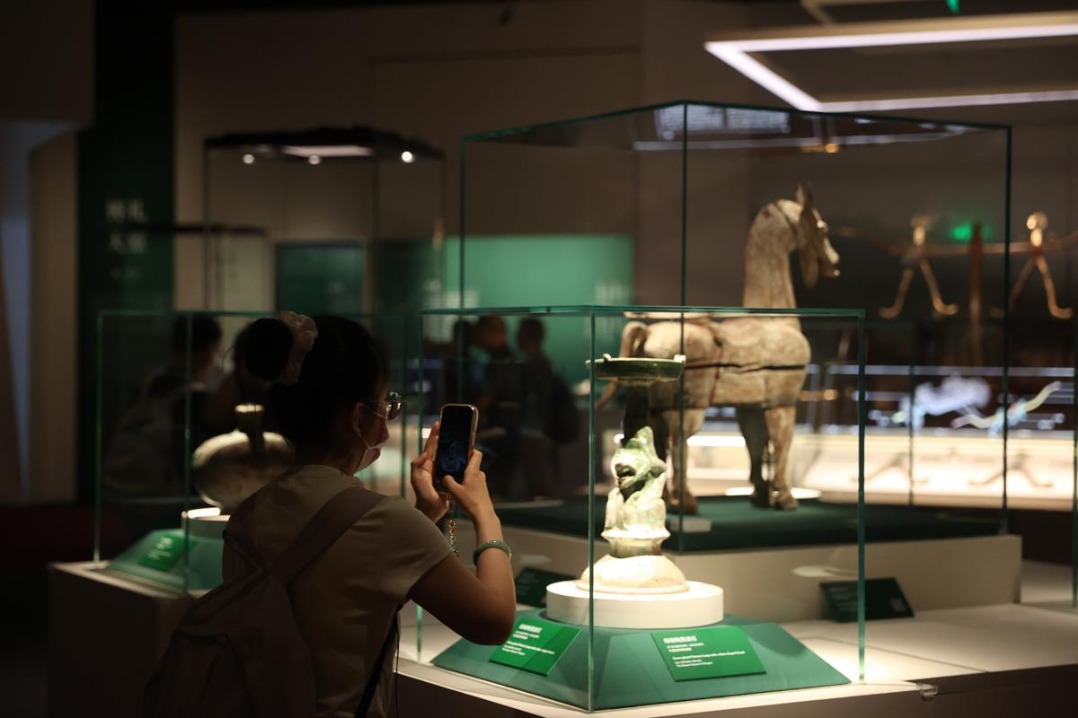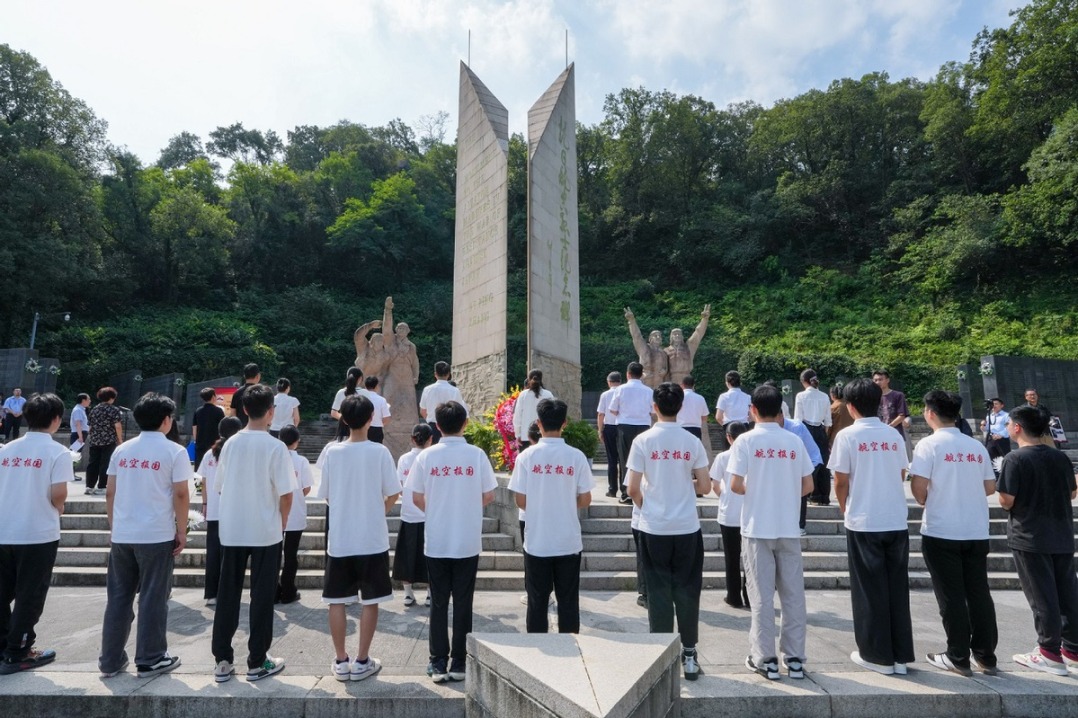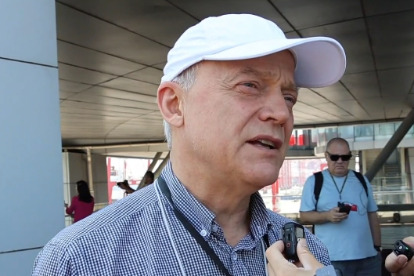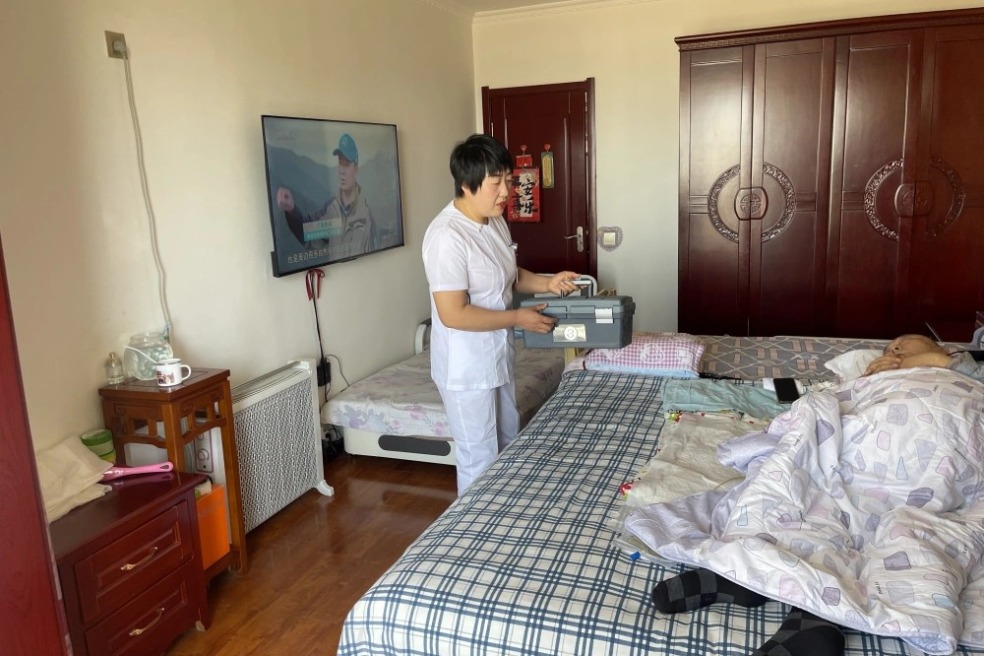Chinese scientist wins this year's laureate prize

A Chinese scientist was awarded one of this year's laureates of the annual UNESCO-Equatorial Guinea International Prize for Research in the Life Sciences.
Dr. Qiao Jie, an academician of the Chinese Academy of Engineering and the executive vice president of Peking University, received the prize on April 23 at a ceremony held in Addis Ababa, Ethiopia.
Qiao was awarded for her research in reproductive medicine and improving women's reproductive health, as well as her efforts in sharing scientific data, China's Ministry of Education said on Wednesday.
Qiao has studied the detailed genetic processes in humans that lead from germ cell to reproductive cell, then to embryo, and was the first person to publish maps of these processes, UNESCO said last month when announcing the result of the prize.
Meanwhile, she is committed to sharing scientific data by establishing publicly shared databases. One of her most revolutionary contributions to improving women's reproductive health has been her discovery of the role that the microbiome in the gut plays in female reproductive disorders.
The prize, established by UNESCO and the government of Equatorial Guinea, aims to recognize institutions or individuals who have made outstanding contributions in the field of life sciences.
Professor Mohamed Ali Farag from Egypt and Dr. Triantafyllos Stylianopoulos from Greece are the other two laureates. They were awarded for their contributions to the research, respectively, in metabolomics and cancer therapies.
- Chinese scientists develop novel 'marshmallow' concrete to gently stop aircraft during emergency landings
- China achieves substantial reduction in degraded grasslands
- Xi, Bolivian president exchange congratulations on 40th anniversary of diplomatic relations
- Exhibition marking 80th anniversary of victory against Japanese aggression, fascism launched in Beijing
- Mainland's Taiwan affairs office supports inclusion of Taiwan entities into export control list: spokesperson
- China unveils guidelines to improve one-stop government services





































